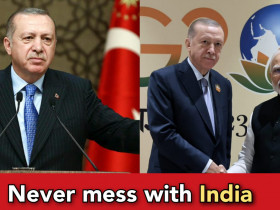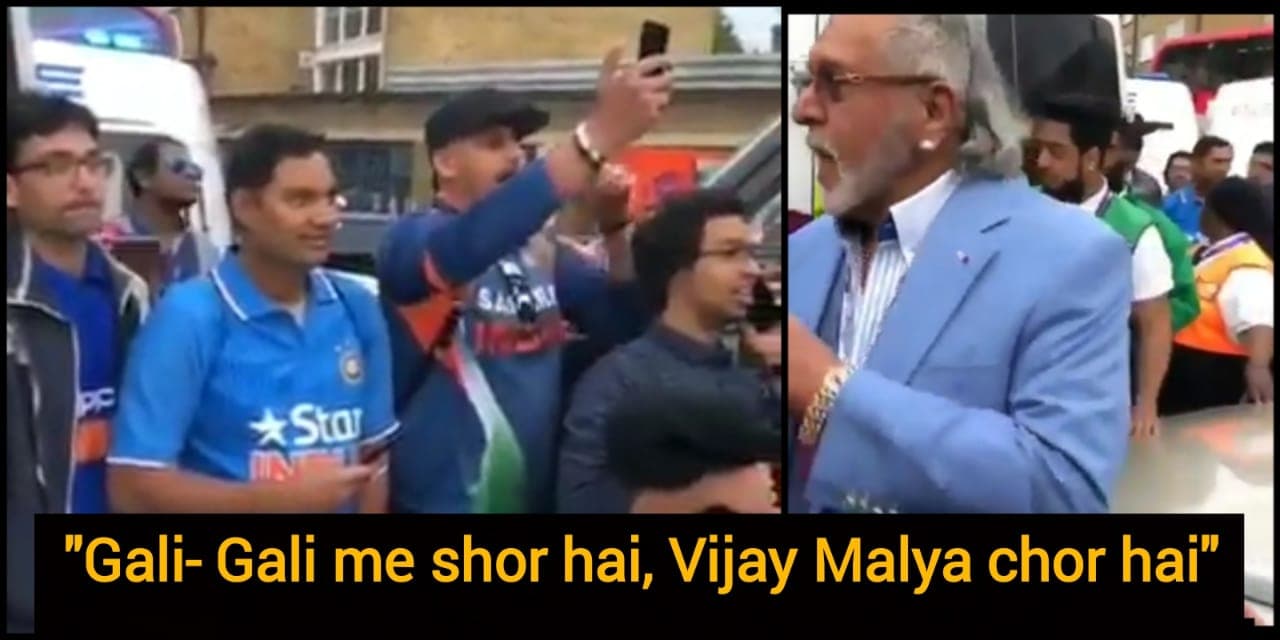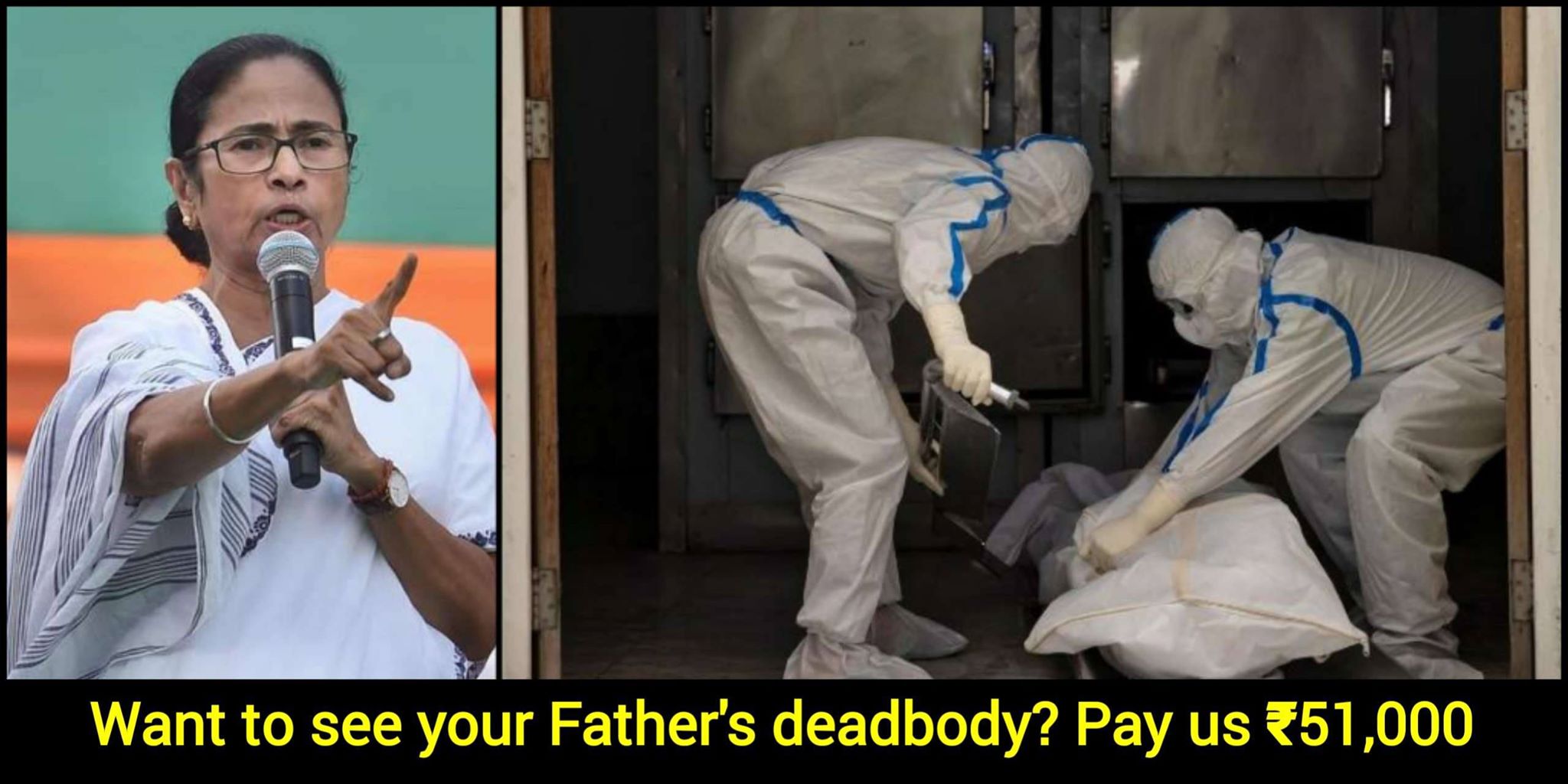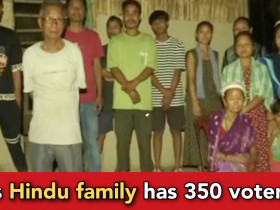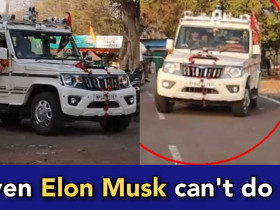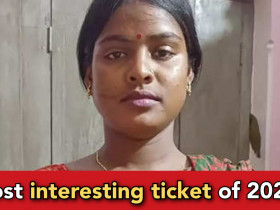Sikkim is making the headlines for all the right reasons for decades. It became the first Indian state to ban disposable plastic bags in 1998, which is also among the first to target single-use plastic bottles.
In the year 2016, Sikkim took two major decisions- banned the use of packaged drinking water in government offices including government events and formally become India’s first fully organic state after it successfully implemented organic farming practices on around 75,000 hectares of agricultural land.
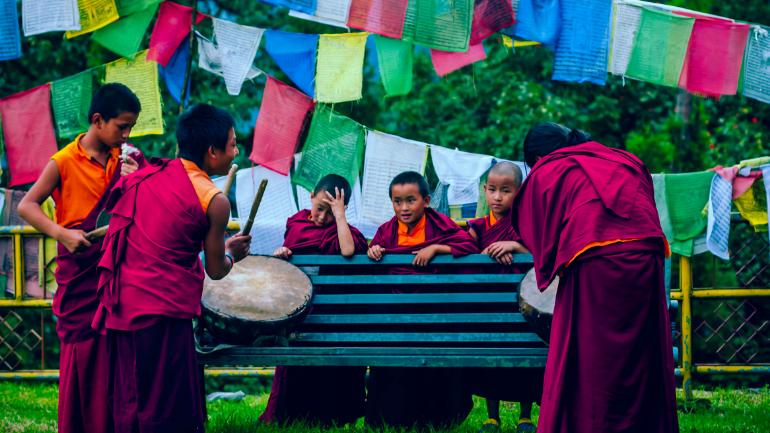
Now once again, Sikkim will be the first state to roll out Universal Basic Income (UBI) and has also initiated the process to introduce the unconditional direct cash transfer scheme. Sikkim’s ruling party that goes by the name of the Sikkim Democratic Front (SDF), has decided to include UBI in its announcement ahead of the Assembly election in 2019 and also intends to implement the scheme by the year 2022.
The 2017 Economic Survey had marked the UBI scheme as “a conceptually appealing idea” and an alternative to social welfare programmes aimed at reducing poverty.
Speaking to The Indian Express, Prem Das Rai, SDF MP in the Lok Sabha, said: “Our party and Chief Minister Pawan Chamling, who is the longest serving Chief Minister, are committed to bringing in Universal Basic Income. This, we will do three years of coming back to power in the state.”
“UBI is a scheme that a number of economists have talked about and it works well in developing countries. It has been tested even in India, debated within the Finance Ministry as early as 2017,” he said.
“It has been tried in Gujarat, Madhya Pradesh and tribal belts with fairly large samples and it has shown it works. Basically, its an income given to families irrespective what do they do. In Sikkim, it will be for everyone and every household.”
“The state produces 2200 MW and it will go up to 3000 MW in the next few years. The state’s requirement is only 200-300 MW and the rest goes to power trading firms. When this money comes in, we as SDF feels its people’s money and it should be utilized for them.”
“The process has already started in Sikkim,” he said. The plan is to include other subsidies and allowances in a bid to provide a particular amount every month to people. Rai said it would “work well for the youngsters” because “it would give freedom to choose their work, it will be more futuristic and it will serve as a future production tool. Young people can look into the future without worrying too much about income,” he said adding that UBI should not be looked at as a “sop”.
It’s, in a way, trusting your people to do the best in a responsible manner,” he said. “This kind of measure could iron out some of the social evils we are seeing in our society today.”
It should be noted that Sikkim has a literacy rate of 98 per cent. Its monthly per capita expenditure in rural areas is Rs 1,444.06 while it is Rs Rs 2,538.11 for urban areas. The Below Poverty Line percentage has come down from 41.43% in 1994 to 8.19% in 2011-12. So far so good!
“We are sure other states will follow us,” he said. “As far as I remember even Prime Minister Narendra Modi also talked about Universal Basic Income. Anyway, its an idea whose time has come,” he said.
It has been learnt that the state will also reshape some social schemes and the “skewed” tax structure to identify more resources. It is cognisance of the fact that tourism is one of the primary sources of revenue for the state as it attracts around 2.5 million tourists a year, there could be some tax in future to gain an additional resource to implement the scheme.



